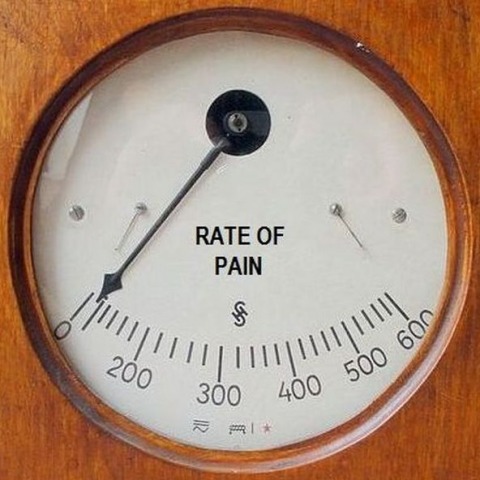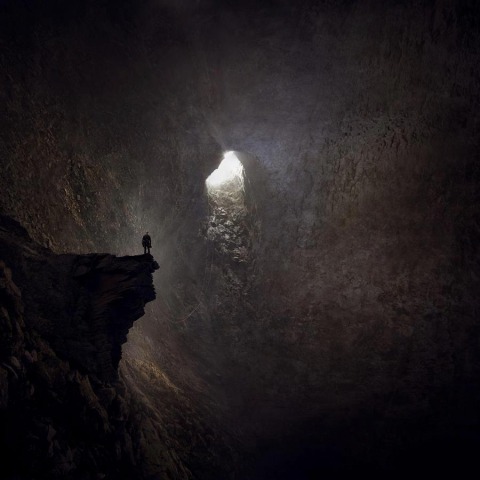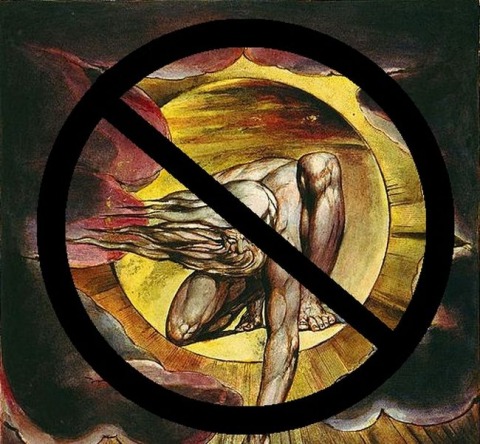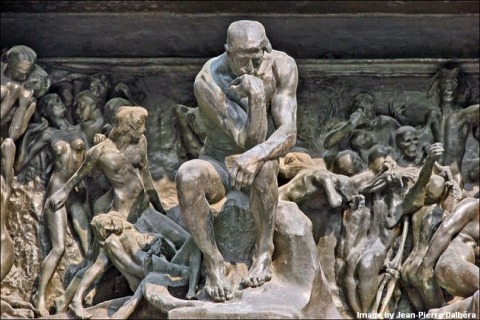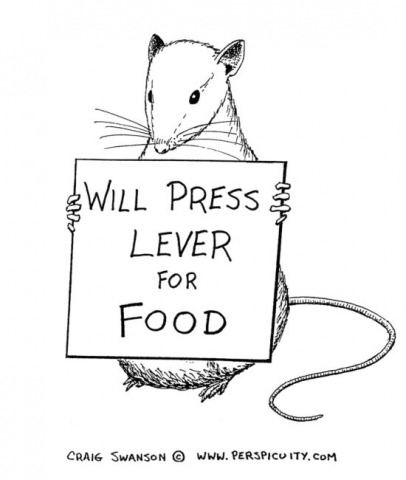
I have been reading some of the work of the late radical behaviorist B.F. Skinner. Skinner, who denied free will, seems to have drawn some of the implications of his position – but it seems to me that he stopped short. Read the following remarks, from his autobiography and to the interviewer Alfie Kohn, and see whether you agree.
